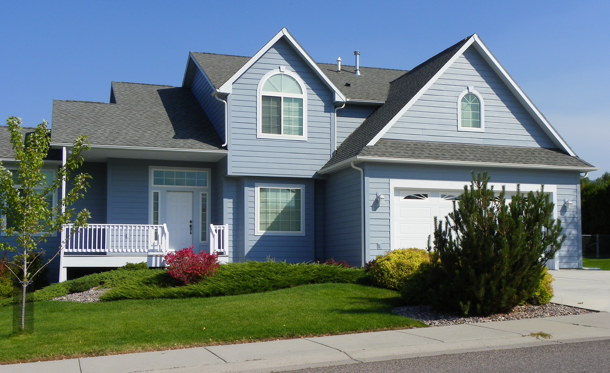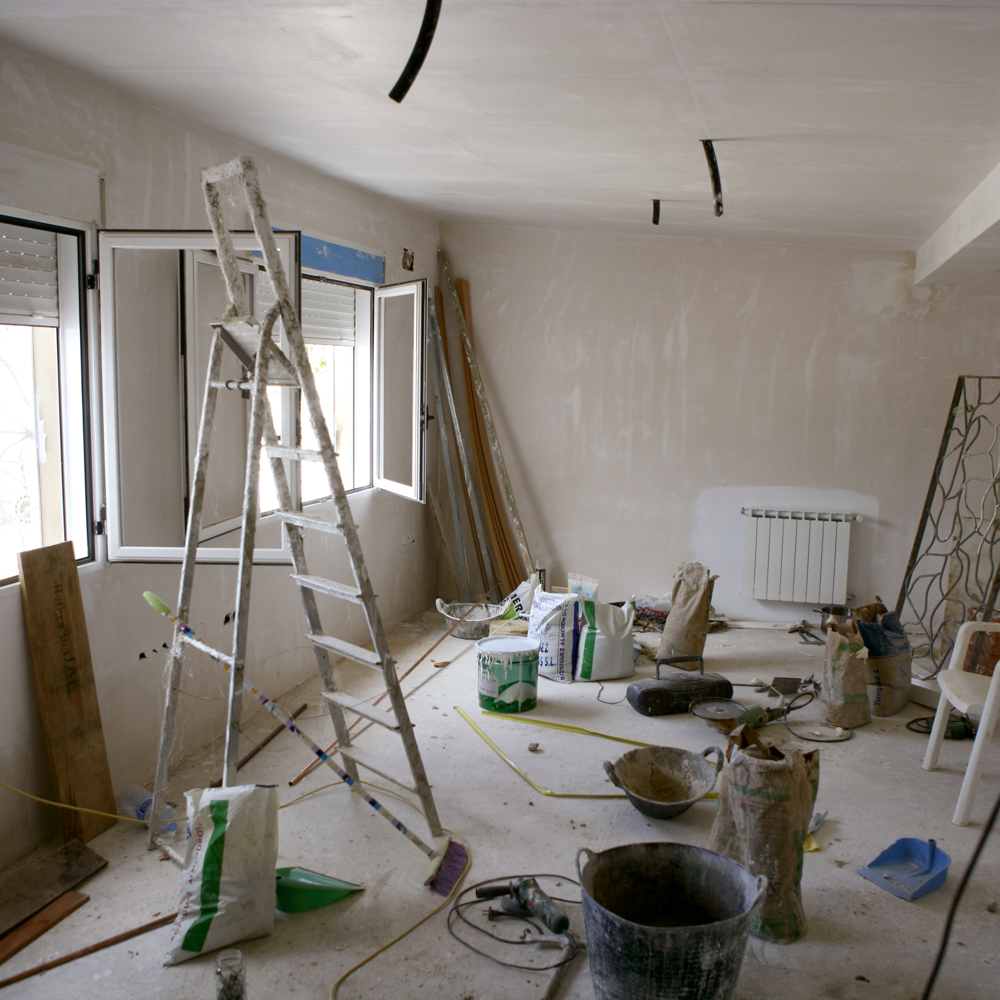 If you’re interested in investing in property you should be familiar with the terms capital gains, capital property, and capital gain reserves. Or, if you’re simply interested in money and making money you should be acquainted with these terms, and who isn’t interested in making a little money? Simply put, capital gains is defined as the profit you make on a property, where that profit is the difference between the original purchase price and the price you sold it for. So, if you purchased your home for $450,000, and sell it for $475,000, you have a capital gain of $25,000.
If you’re interested in investing in property you should be familiar with the terms capital gains, capital property, and capital gain reserves. Or, if you’re simply interested in money and making money you should be acquainted with these terms, and who isn’t interested in making a little money? Simply put, capital gains is defined as the profit you make on a property, where that profit is the difference between the original purchase price and the price you sold it for. So, if you purchased your home for $450,000, and sell it for $475,000, you have a capital gain of $25,000.
Now, this profit isn’t taxable unless your property counts as a capital property. A capital property is every property you own that isn’t your primary residence. This could be a second vacation home, a rental property, or even stocks and shares, but this doesn’t apply to your primary residence. On these properties the Canada Revenue Agency will tax a certain amount based on your personal situation, including your annual income and the province you live in.
However, as of 2013, regardless of who you are, there is a capital gain inclusion rate of 50%. So, being that you have to declare your capital gain on all investments other than your primary residence, only 50% of your capital gain is taxable. Going back to the prior example, if your capital gain was $25,000, then only $12,500 would be taxable. Thanks Canada Revenue Agency for that break!
When you make a capital gain, it’s also possible to spread it out over a number of years; if you don’t want the $25,000 all at once, or if it would be more economical to disperse the reception of that money over a number of years, you can do so by claiming a capital gain reserve. Claiming the reserve is done on your tax return, by completing and filing out the proper paperwork. Typically this is only more relevant with larger sums of money, but regardless it’s a possibility if you so choose.
How Do I Get Capital Gains?

Now that we’ve covered some of the logistics, you’re probably curious as to how to obtain this capital gain, or the best way by which you can maximize this profit margin. If you’re truly looking for an investment, and you’re primarily concerned with a profitable return, the best way to maximize this margin is to ‘flip’ a house. If you’re not familiar with ‘flipping,’ it simply means purchasing a house that is relatively inexpensive in need of some renovations, doing the renovations, fixing it up, and selling it for a higher price than you purchased it for. This is a good way to make cash fast, opposed to buying a house, and expecting to make a profit byway of market appreciation. This is the more typical type of investment on primary residences, whereby you purchase the property to live in, and it gradually appreciates in value as the housing demand increases or the market becomes more competitive and housing prices rise.
Obviously this isn’t standard, this is the ideal, which is why it is important to do your research and find out whether or not the area you plan on moving into will be at least just as desirable as when you purchased the property. You can do this by looking at plans for future developments or looking at trends in the housing and job markets. Some areas will be less desirable, and some will be more. That’s just the way it is. Find that area that will appreciate in desirability. This means it’s in a good location, be it a cultured hip area, or a desirable family community.
The best thing you can do to maximize your capital gain is to combine both of these methods – flipping and market value appreciation – and purchase a home that will be desirable in the future, letting it appreciate in value, and doing renovations that will increase its value. These renovations could range from completely redesigning the house, or minor things like landscaping work, or even a well-done paint jobs to make a property more desirable. It depends on how handy you are and how much time and money you have to invest. In the end, it’s up to you. Hopefully you learned something new, and if not, then you’re probably already an investor and this? This was just a refresher for you.
Photo credit: house, renovations
